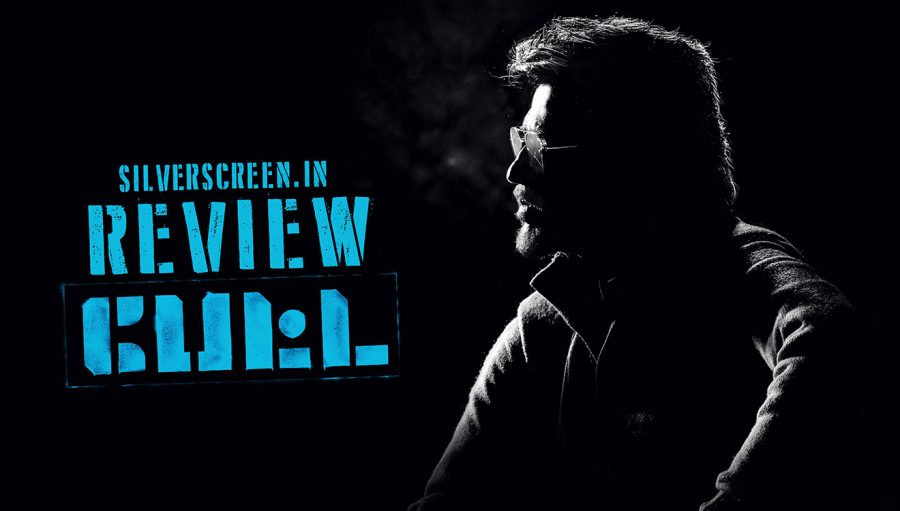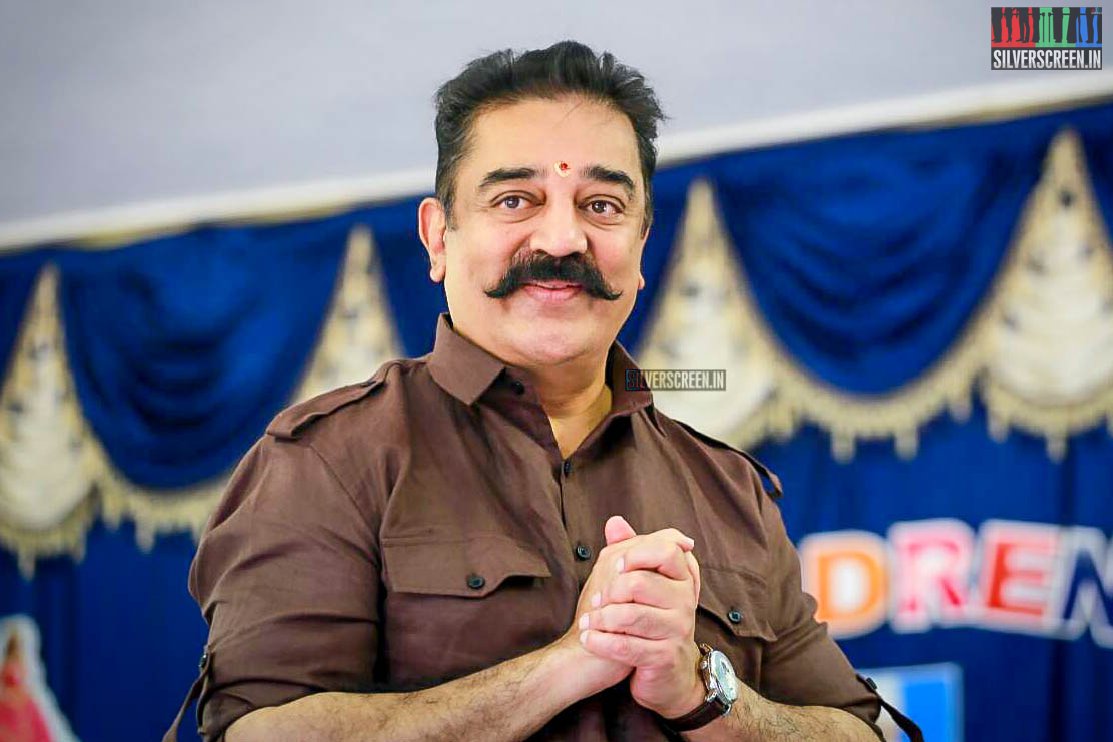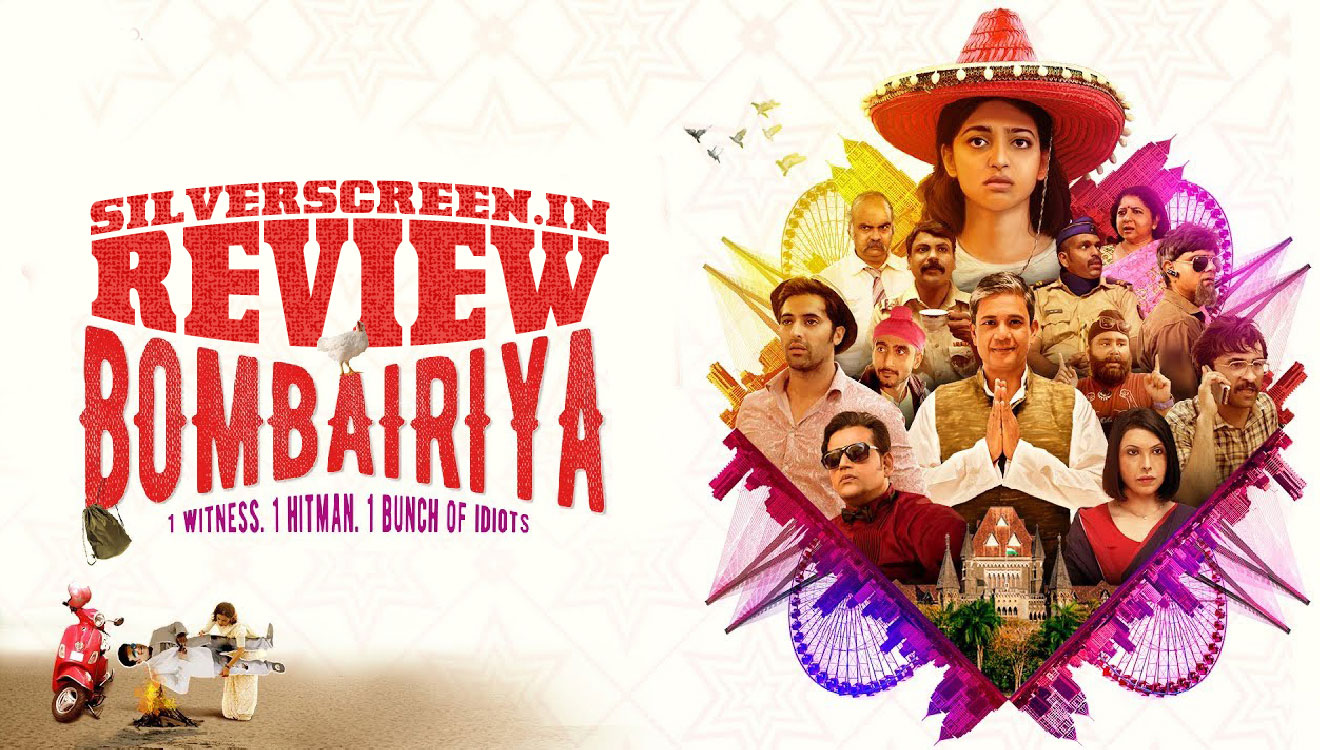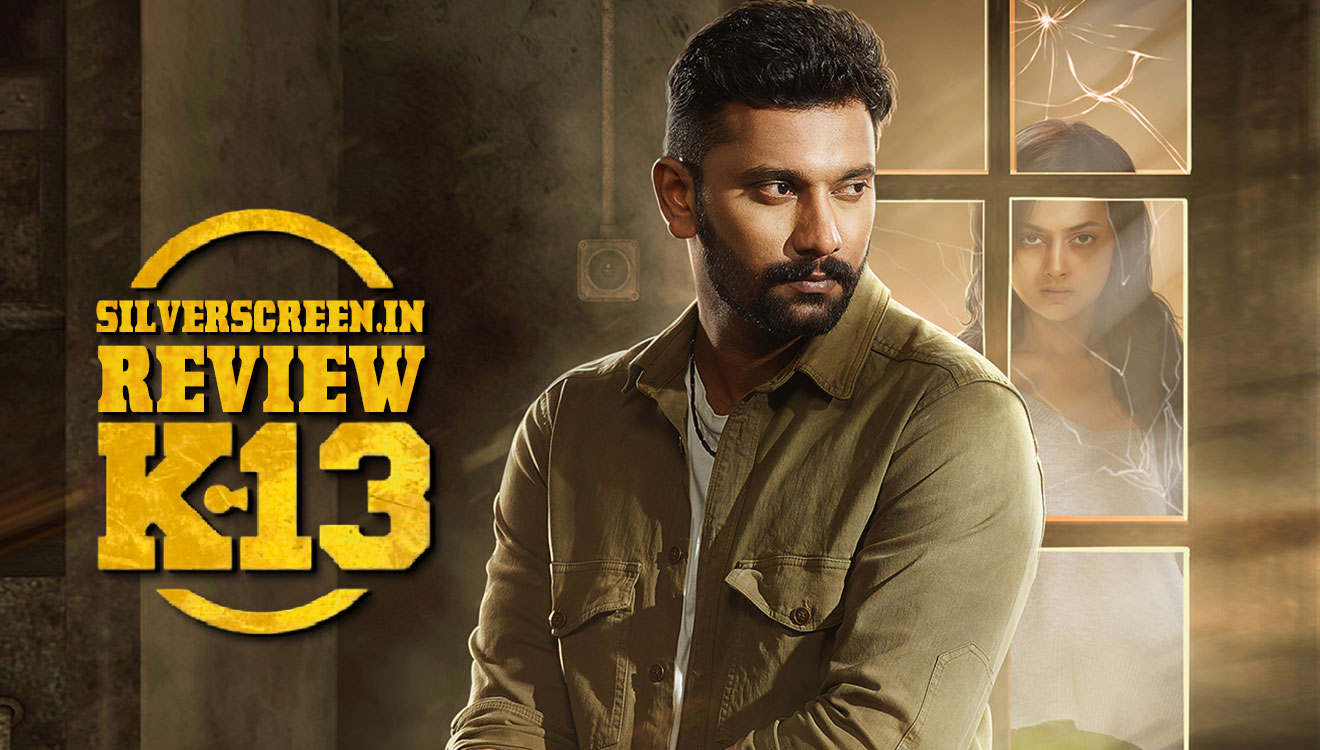Director: Karthik Subbaraj
Cast: Rajinikanth, Trisha, Simran, Vijay Sethupathi, Nawazuddin Siddiqui
Composer: Anirudh Ravichander
Towards the end of Karthik Subbaraj’s Petta, a scarcely believable double-twist plays out on screen, exaggerated, campy and disorienting. But something else is happening as well. Rajinikanth, turning back the clock, grinning impishly while joyously dancing to Ilaiyaraaja’s ‘Raman Andaalum’. Them theatrical twists, they can take a hike. This is a Rajinikanth film in the Rajinikanth film mould, possibly the first since Padayappa, where he out-camps camp and out-exaggerates exaggeration, while grinning his way self-awarely to the bank.
Rajinikanth, says Karthik Subbaraj, was the reason he got into cinema, and Petta is a fan directing his favorite star; but Petta is also a millennial Tamil from Madurai directing a script that is set in a milieu that is familiar to him, in a language that he knows inside and out, a script that is very… Tamizh. We laugh out loud when the villain’s wife asks a college-going kid to go buy “muttai from the mukku kadai,” or Rajinikanth tells her “tea cancel,” or when we hear chaste Tamil words for murder and just a plain old thrashing, sambavam and seigai. The movie is also quintessentially Tamil in another way; even if its setting is urban, its influences are unmistakably rural, a trait that is almost unique to Tamil cinema. Subbaraj uses songs from old Tamil films in his movie not to pay tribute to the songs, but because they are a part of the milieu.
But in this tussle between fan and a filmmaker, the fan wins out and that is just fine. The fans then, they’ve long wanted Simran to act with Rajinikanth. And Trisha Krishan, she has long wanted to act with Rajinikanth too. So Subbaraj faithfully casts them in roles with gravitas, and then hastily casts them aside before you can say gravitas so he can focus on his hero. Simran is a healer who appears in a couple of scenes and seems vaguely interested in Rajinikanth’s Kaali; but the last we see of her, he ignored her calls because he wanted love to wait while he fought important battles. Trisha, meanwhile, tries her darndest to look older so she can be Petta’s Saro; she smiles and gestures and manages to look offended while her husband talks casually about bloody murder. Then she disappears too, but at least we know why. Simran, for all we know, is redialing with Megha Akash for company.
Multiple promising threads are strewn across the film, one with Sasikumar and Malavika Mohanan; with Bobby Simha and with Simran. But each thread is left incomplete, the backstories cursory detours before the hero comes into focus again, waging his lone war against a longstanding enemy. The weaselly enemy is hilariously named Singhaar Singh, played by #MeToo accused Nawazuddin Siddiqui, and accompanied by his son, Vijay Sethupathi. The duo are Hindu Nationalists in North India, and the son tries to increase recognition for his political party by breaking up Valentine’s Day parties and branding people anti-Indian before he sets them on fire.
Tirru’s camerawork is typically stellar, moving with ease between aerial shots of a college campus and claustrophobic hallway confrontations with flashlights; traversing from sand digging in rural Tamil Nadu to colourful festivals in Uttar Pradesh. The surprise package though is composer Anirudh Ravichander’s fast paced brilliance, bookended by the masterful ‘Marana Mass’ and one of the best background themes for Rajinikanth in years; lyricist Vivek contributes with contemporary lines that shine when heard together with the music.
Recommended
Subbaraj sets up confrontations with care, oftentimes, the hero knows his adversaries are about to come get him. Yet, there is nothing inventive about the stunts or the setup; when Rajinikanth knows a group of people are going to attack him at a hostel, all he does is turn on the showers and sit outside on a lawnchair, listening to ‘Malarndhum Malaradha’. The detailing is lazy and stereotypical. The North Indian villains keep descending on poor Madurai in the movie, brandishing guns and country bombs. Until then, the poor Tamil villains just use old fashioned sickles and knives; Rajinikanth of course can deal with either. And like other directors of late, Subbaraj uses an overdose of sycophancy to compensate for Rajinikanth’s age. The villains know he has prowess because of how he sits on a chair, the sidekicks know something special is coming up because he is brandishing a pair of nunchucks.
But these are minor quibbles, because all of this is building up to a dance – and to ‘Raman Aandalum’ playing in the background.
*****
The Petta review is a Silverscreen original article. It was not paid for or commissioned by anyone associated with the film. Silverscreen.in and its writers do not have any commercial relationship with movies that are reviewed on the site.



